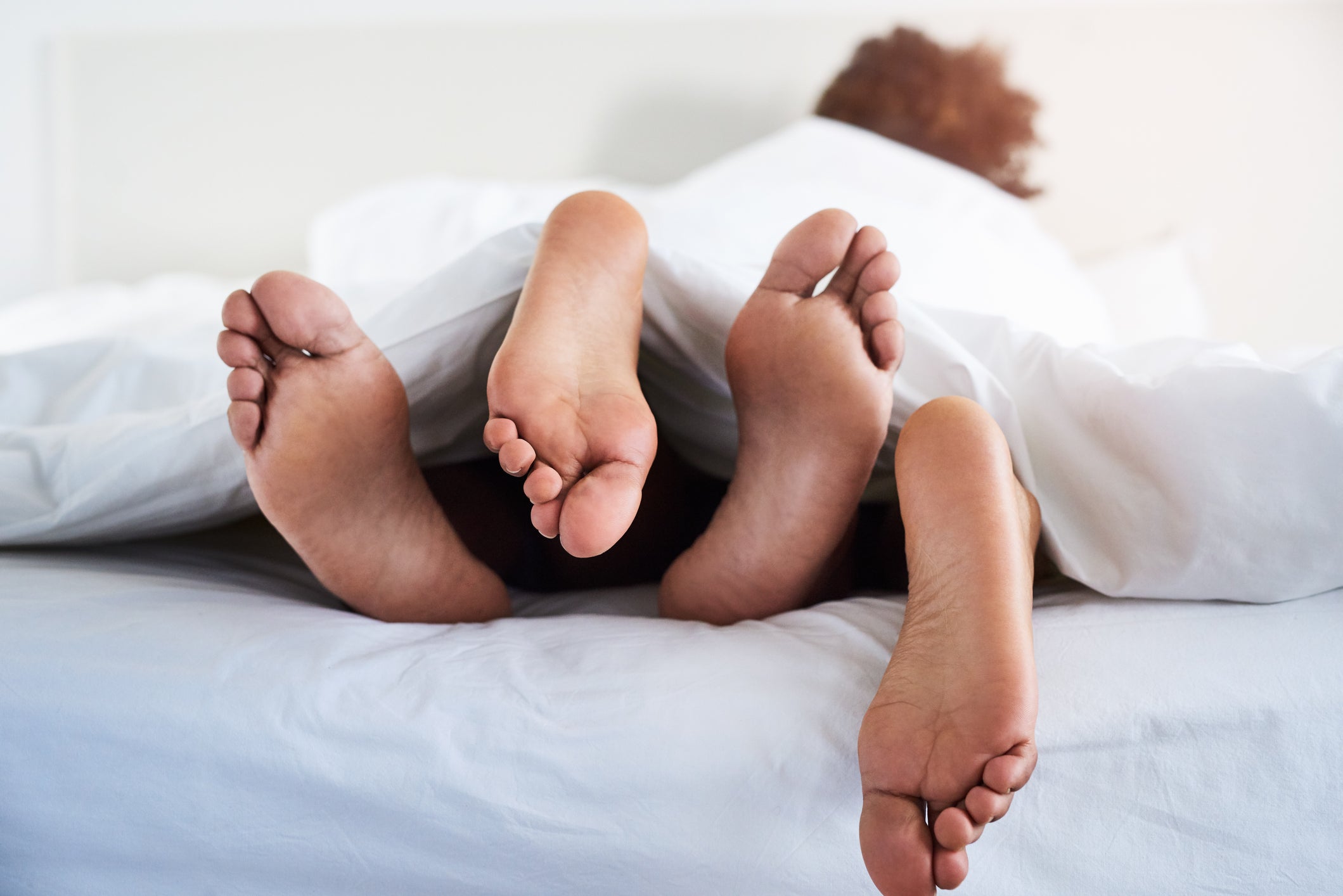Students blame pandemic for lack of sex, study finds
‘We found that after one year of the pandemic, people reported fewer partners,’ says researcher

Your support helps us to tell the story
From reproductive rights to climate change to Big Tech, The Independent is on the ground when the story is developing. Whether it's investigating the financials of Elon Musk's pro-Trump PAC or producing our latest documentary, 'The A Word', which shines a light on the American women fighting for reproductive rights, we know how important it is to parse out the facts from the messaging.
At such a critical moment in US history, we need reporters on the ground. Your donation allows us to keep sending journalists to speak to both sides of the story.
The Independent is trusted by Americans across the entire political spectrum. And unlike many other quality news outlets, we choose not to lock Americans out of our reporting and analysis with paywalls. We believe quality journalism should be available to everyone, paid for by those who can afford it.
Your support makes all the difference.Students are blaming the pandemic for robbing them of their sex lives, a new study suggests.
According to the National Survey of Sexual Attitudes and Lifestyles Covid study, which has yet to be published, people in their late teens and twenties are complaining that coronavirus has kept them celibate.
Professor Kirstin Mitchell of Glasgow University, who is a lead investigator on the survey, told The Sunday Times: “We found that after one year of the pandemic, people reported fewer partners, fewer new partners and less frequent sex. This was especially the case for young people.”
Mitchell went on to say that typically young people might have started having sex for the first time while at university.
“In any given year, there are a cohort of young people who would have started having sex in that year,” she said.
“When you’re in midlife, one year can look much like the next. But when you’re a young person, each year brings key developmental experiences.
“And so there is that cohort of young people for whom that period of sexual development and gaining new sexual experiences is a lost year, and what effect that will have in the longer term we just don’t know.”
The study follows several research projects into how the pandemic has impacted people’s sex lives.
In October, one study found that fear of Covid-19 might actually have benefited couples when it came to their sex lives.
Conducted by psychologists at the Lisbon University and The Kinsey Institute in Indiana, the research, published in The Journal of Sex Research, looked at 303 romantically involved adults in a cross-sectional study.
It found various lifestyle changes were associated with positive sexual desire “but only for participants with high (vs. low) fear of Covid-19 infection”.
Join our commenting forum
Join thought-provoking conversations, follow other Independent readers and see their replies
Comments